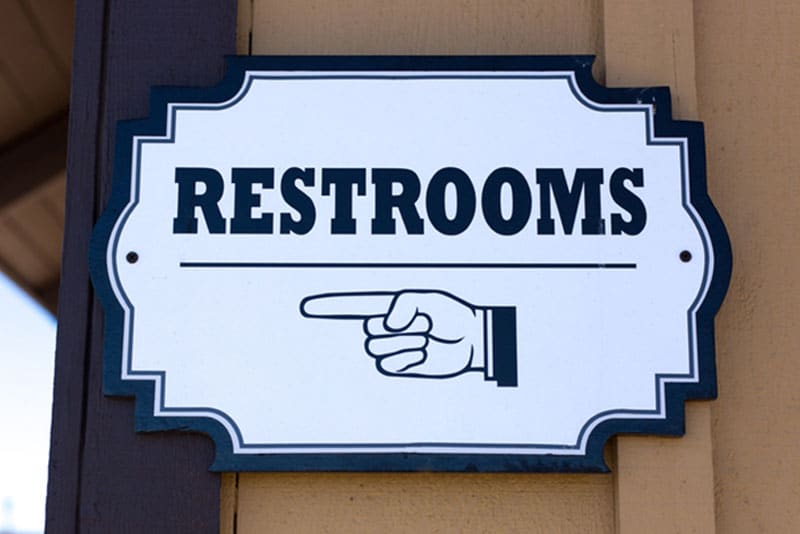Dementia creates significant changes in a senior loved one. Couple that with a sensitive issue like incontinence and providing care can begin to feel overwhelming. Incontinence is difficult enough to manage for older adults who do not have a cognitive impairment, however, it is even more challenging when a senior has dementia.
Incontinence may be an issue that the senior was dealing with prior to his or her dementia diagnosis, but it can also be brought on by dementia. Often, seniors with dementia develop incontinence for a number of reasons, including:
- Not being able to recognize the need to use the bathroom
- Forgetting where the bathroom is
- Side effects from medications
Determining the cause of the senior’s incontinence is the first step to finding a solution for either treatment or management. The following tips can also help.
- Maintain bladder health. A healthy bladder can help prevent or ease the symptoms of incontinence. Eating a balanced diet, limiting alcohol and caffeine, maintaining a healthy weight, and wearing cotton underwear and loose-fitting clothes are all important ways to keep the bladder healthy.
- Communicate. Incontinence can be embarrassing for seniors, but communication is key to preventing accidents. Encourage your loved one to let you know when he or she needs to use the restroom. Also, watch for nonverbal cues, like restlessness, making unusual noises or faces, or pacing. Some seniors do better when reminded to use the bathroom on a regular basis.
- Make bathrooms more accessible. If memory issues are causing incontinence, it is important to make the bathroom recognizable and accessible. Things like keeping the bathroom door open so the toilet is visible, putting a picture of a toilet on the bathroom door, or even painting the bathroom door with a color that contrasts to the wall can help seniors visually recognize where the bathroom is and make them feel comfortable going when they need to. For seniors with dementia and mobility issues, a portable toilet can be placed in the bedroom for easier, faster access.
- Use incontinence products. Incontinence products like pads or absorbent underwear can ease the embarrassment caused by accidents, especially when out and about. Remember, though, to keep skin clean and dry to avoid infection.
- Plan ahead. Often, a person’s bathroom schedule can be tracked. Observe your senior loved one’s routine and make note. This will help you determine when to remind him or her to use the restroom throughout the day. If going out, for example to a restaurant or museum, be sure to locate the restrooms so that you’ll know where to take your loved one when the need arises. Also, bring along a change of clothes in the event an accident occurs.
- Monitor fluid intake. While it may seem counterintuitive, drinking plenty of water is important for bladder health and preventing incontinence. Encourage fluid intake, but limit intake before bedtime. Reduce the use of drinks that stimulate urination, like sodas, coffee, and tea.
- Practice patience and respect. Caring for incontinence requires patience and respect. For instance, it is important to give your loved one plenty of time to empty his or her bladder when using the restroom. It’s also important not to scold or talk down to the senior when accidents occur. Say something like, “Accidents happen to all of us” instead of, “You wet yourself,” to help the senior maintain dignity, and respect the need for privacy at all times.
Helping a senior loved one with dementia manage incontinence can be stressful, but having a plan will help the senior avoid accidents and maintain dignity. Partnering with a professional, compassionate in-home senior care agency can also ease the challenges of incontinence care. Our dedicated home caregivers in Marana can assist your loved one with an array of professional home care services, including bathing and dressing, laundry, fluid monitoring, healthy meal planning and preparation, and services for elder care in Marana and the nearby areas. Contact us today at (520) 355-4787 to learn more about how our professional in-home care services can improve your loved one’s quality of life. For a full list of all of the communities where we provide our award-winning care, please visit our Service Area page.

